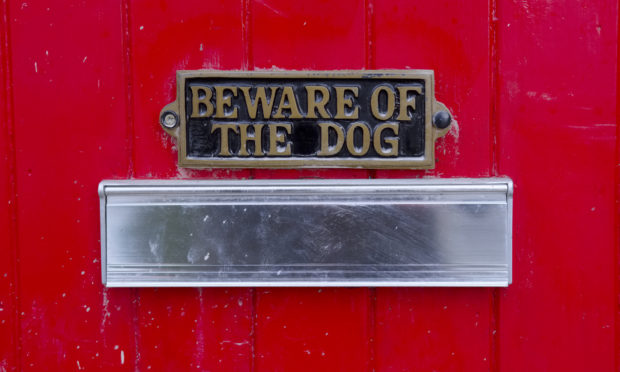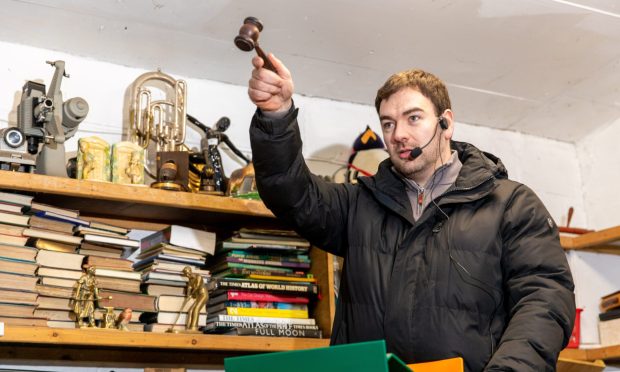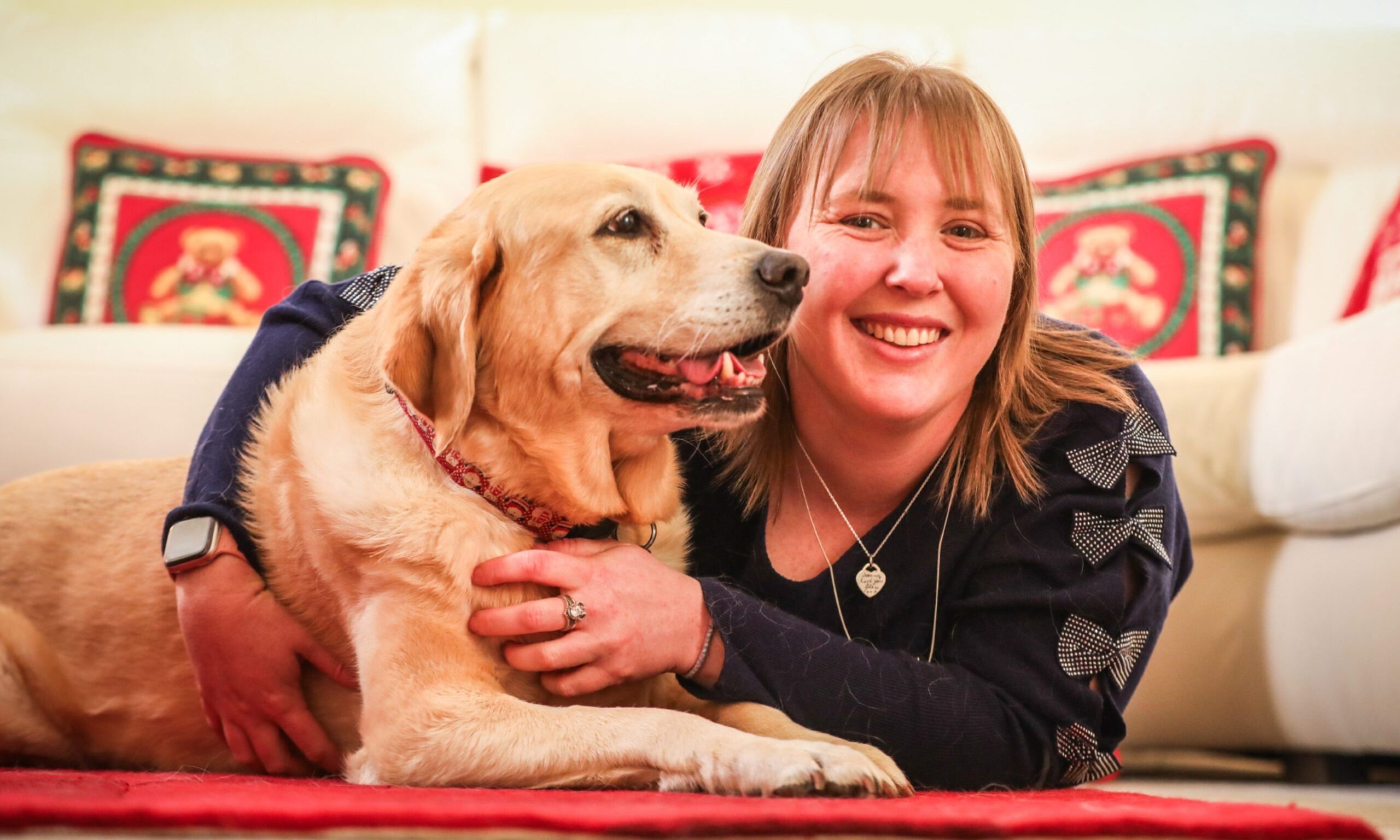Good news for posties. Low-level letter boxes might be banned from all new buildings.
These have long been a pain in the back for posties, but a ban on them has also been backed by folk delivering parish newsletters, takeaway menus and newspapers.
Not only do low letter boxes cause back injuries, they also increase the risk of being bitten by wee, snappy dugs and of getting one’s fingers stuck. You wonder which bright spark dreamed them up in the first place.
If I appear to speak with unusual passion for a man usually up to his oxters in apathy, it’s because I was once a postie and retain a loyalty to that noble trade or profession.
It was in my late teens and was, I think, the happiest time of my life (though I tend to see all of them like that, apart from the present, at any given time). I was living at home with my parents, had a nice girlfriend, and a decent amount of money, what with overtime and anti-social hours allowances.
The latter was well earned. I can’t think now how I managed to get up at 4:30 six mornings a week. Then I remembered: I didn’t some of the time, and they had to send a van driver out to rouse me from my slumbers.
But I loved being outdoors and also being useful and feeling valued by the community, just like I am today. Joke. At first, as a postie, I had to cover for holidays and sickness, so I never knew which streets I’d be delivering in.
That was problematic because there were so many vaguely addressed letters and tenement doors without names on them. Soon, though, I got my own walk for an extended period. I say “walk” because that’s what we called them.
You civilians probably say “run”, and that would be the mot juste today, where the poor postie, suffering under militant managerialism and time-and-motion studies, more or less jogs round his or her deliveries and rarely has time for a natter or to help someone with something.
On my rounds, I used to make friends with cats, who liked playing with the buckshee string that we always had on us.
Alas, I don’t know how Royal Mail does it now, but in those days walks came up for “auction” every year, and someone with greater seniority than mine bid for my walk and I was shunted indoors to work split-shifts, including nights, which was brutal to a young man several decades from his prime.
So I left to become a horticultural labourer. It’s odd to think how, had that auction not occurred, I might still have been delivering mail today.
The job has changed greatly though, being more obsessed with profit than service. It’s also sad to see posties stravaiging around in shorts – a deplorable lapse in standards and public decency.
Back in those days, we had sober, grey uniforms. I was measured meticulously for mine, before being handed garments that Goliath would have found roomy. Luckily, my mammy was able to take them in.
I must have looked a sight as I had very long hair at the time, but I was a happy hippy, working outdoors and having my tea cooked for me every night.










